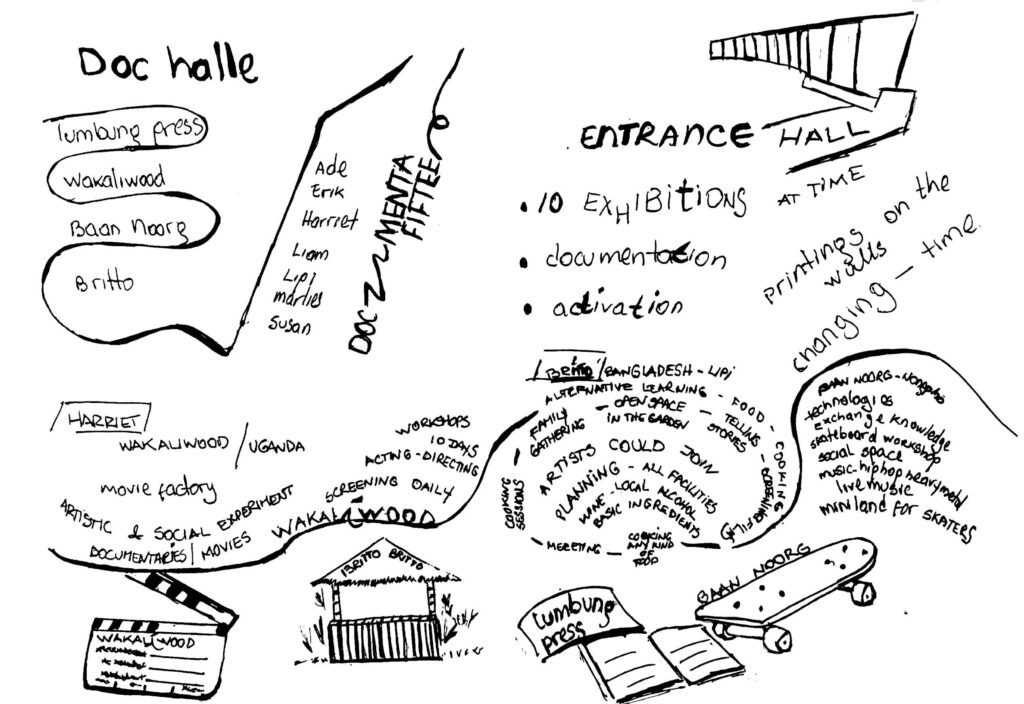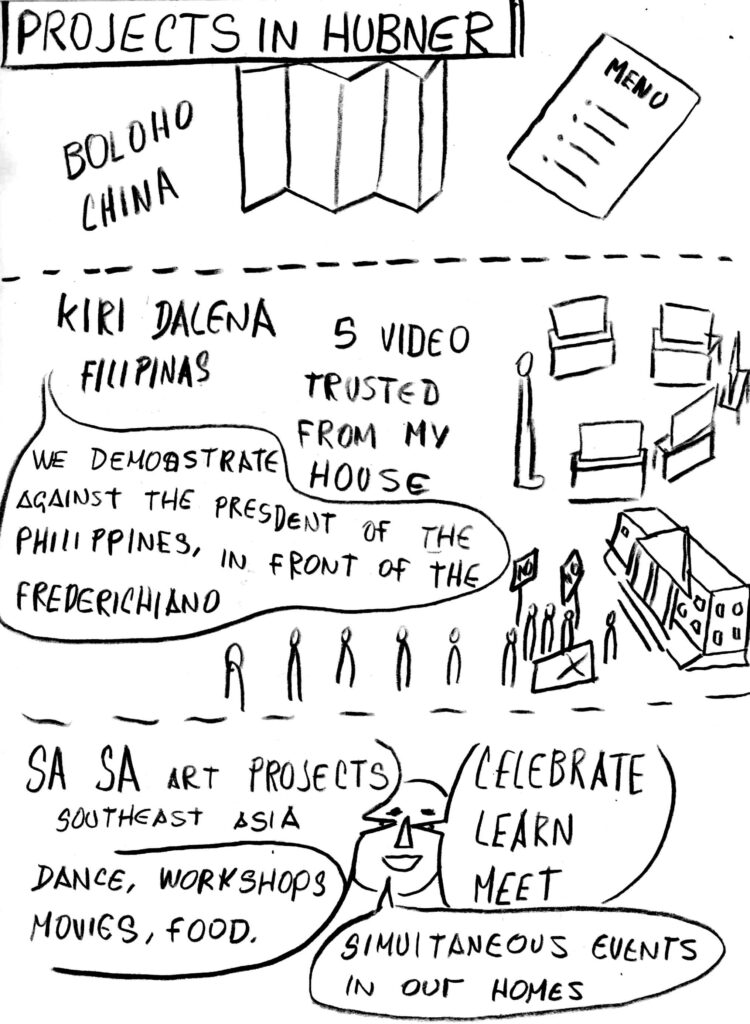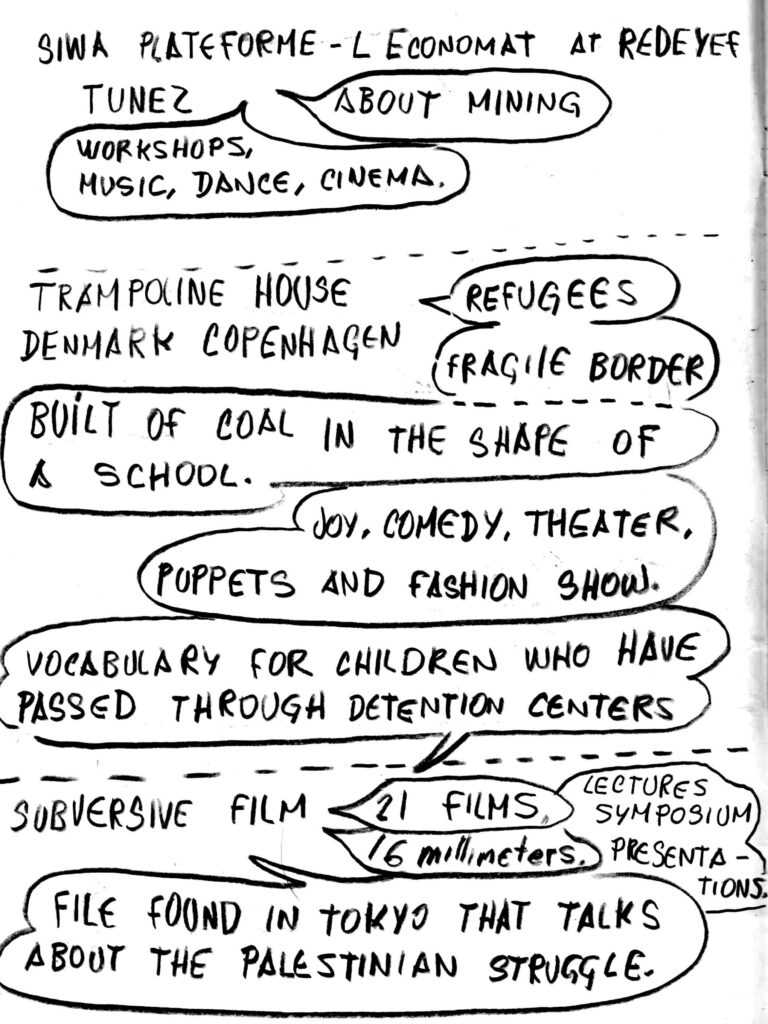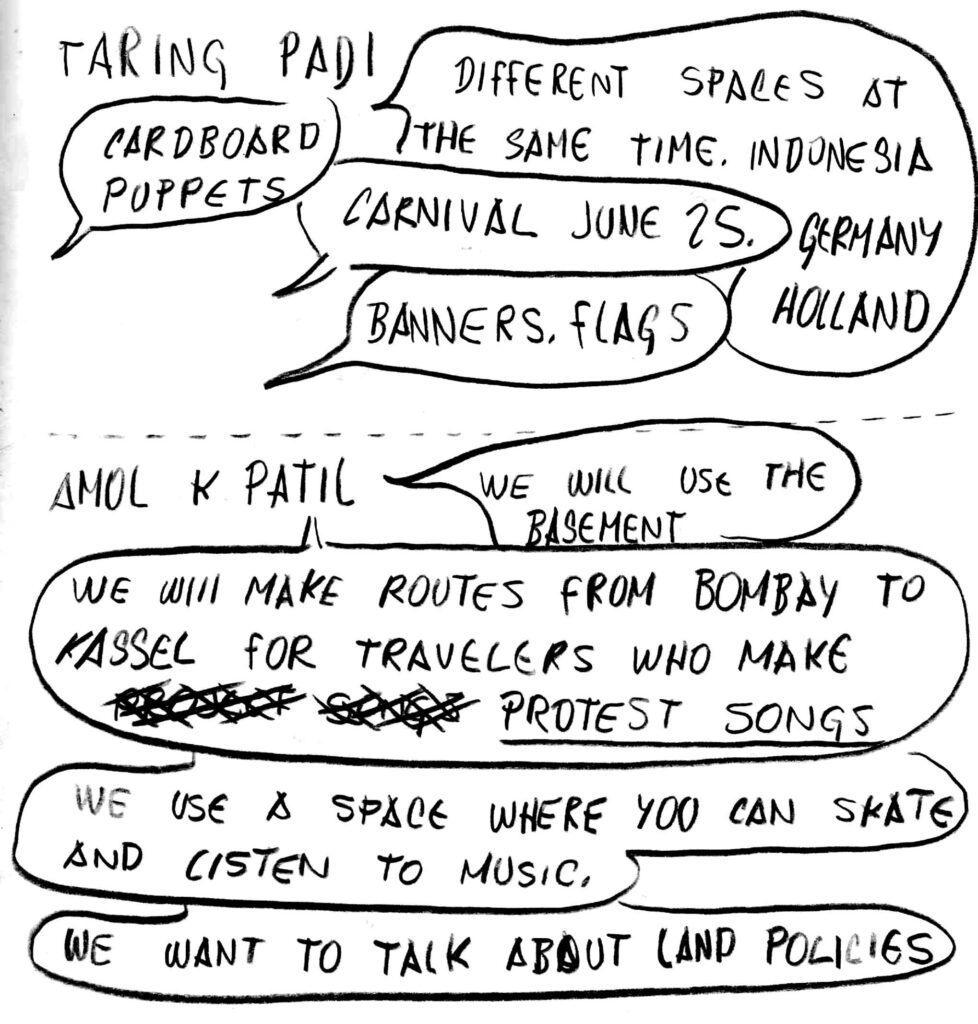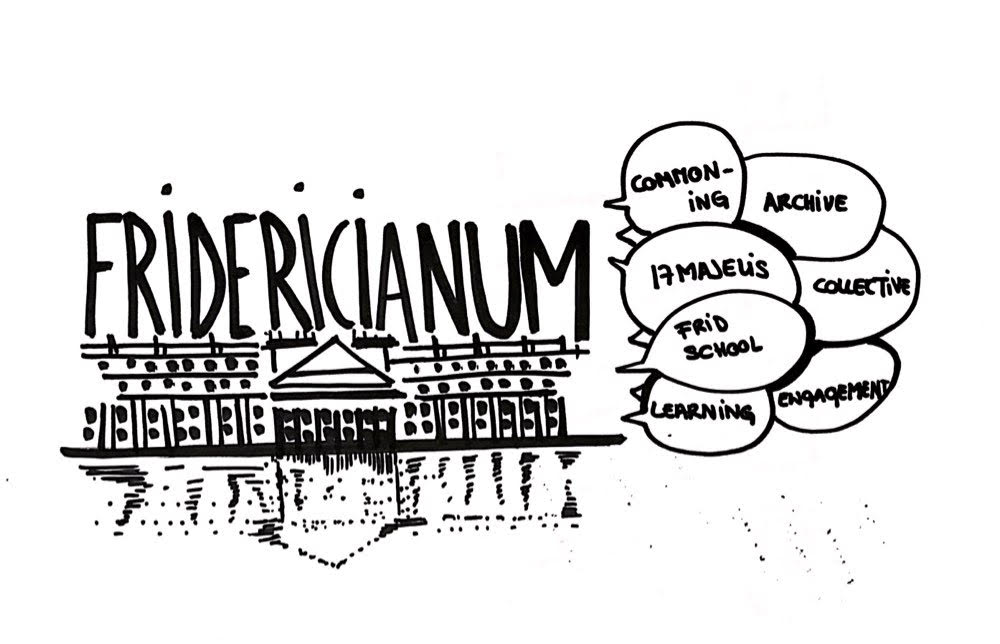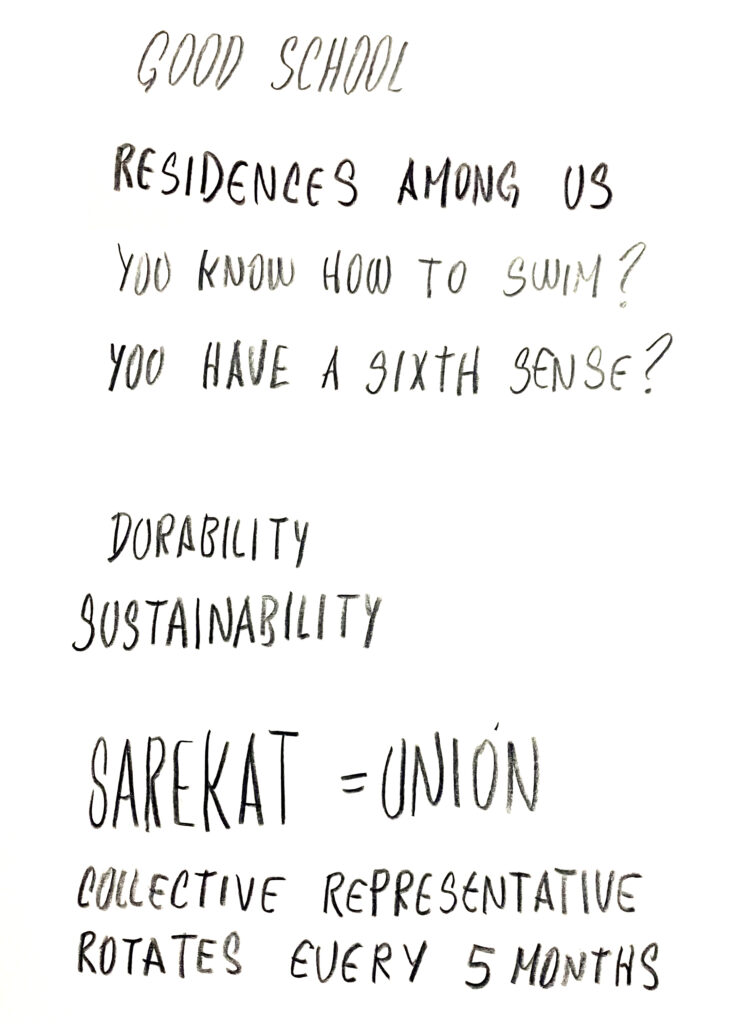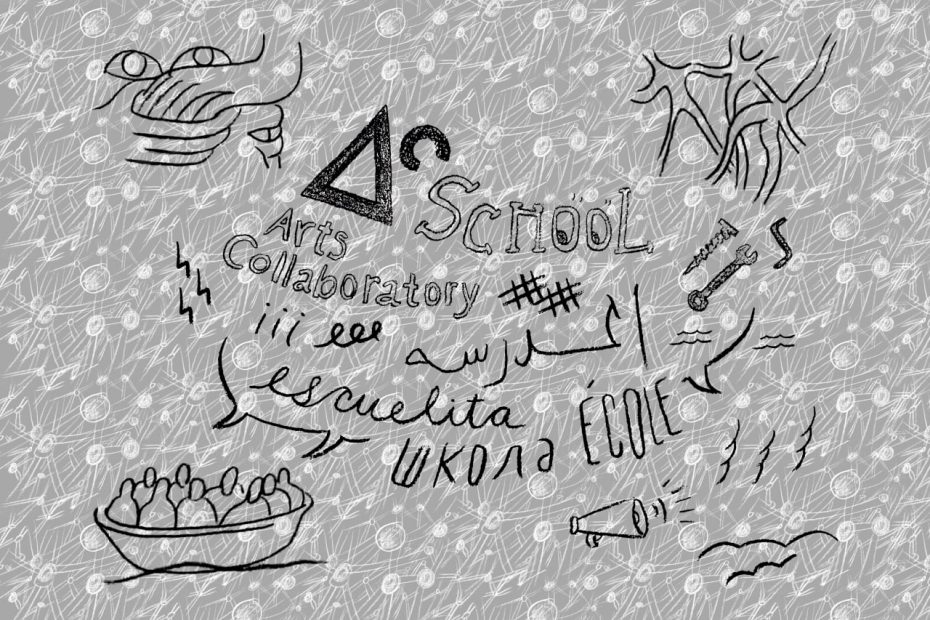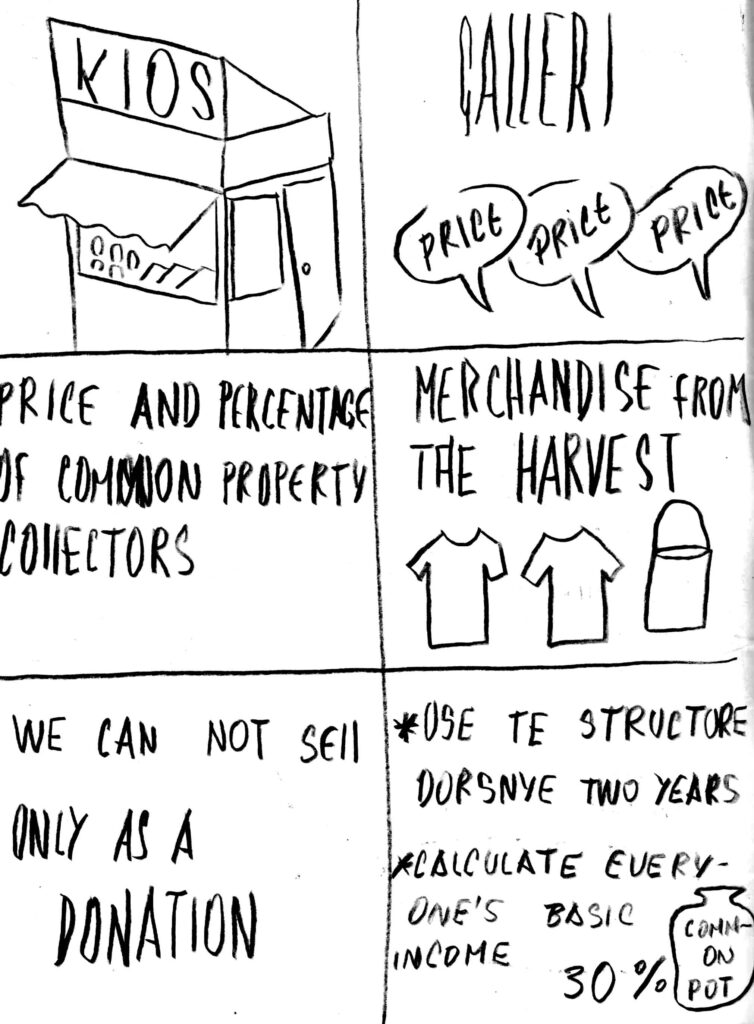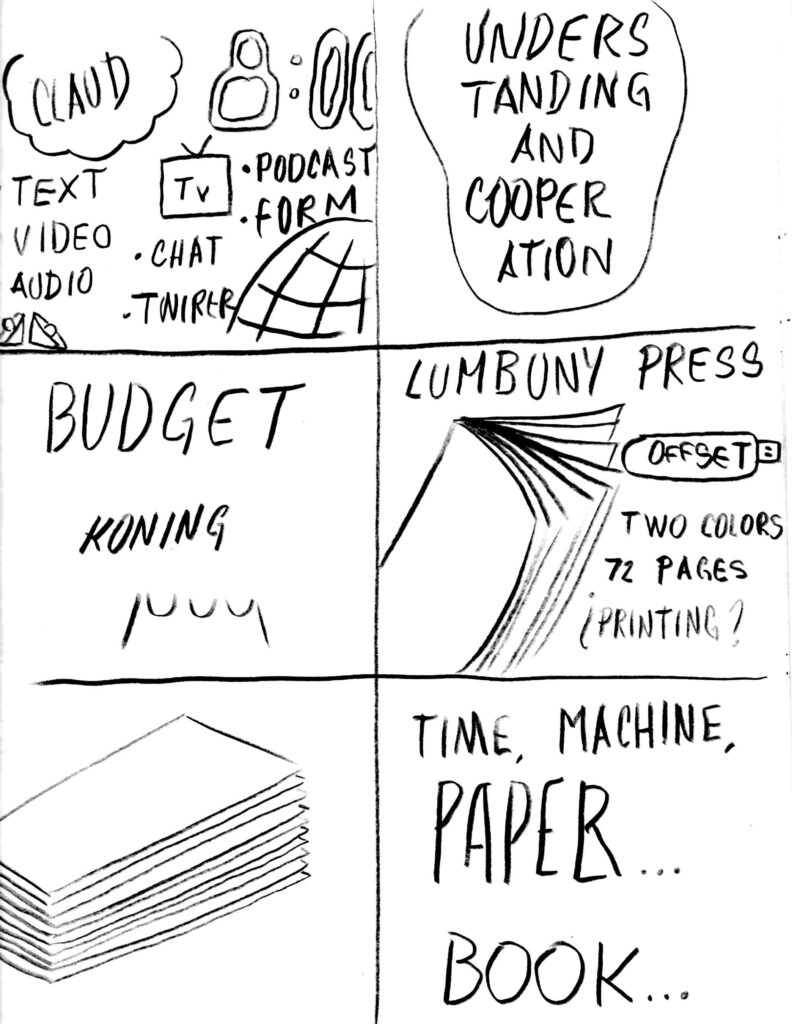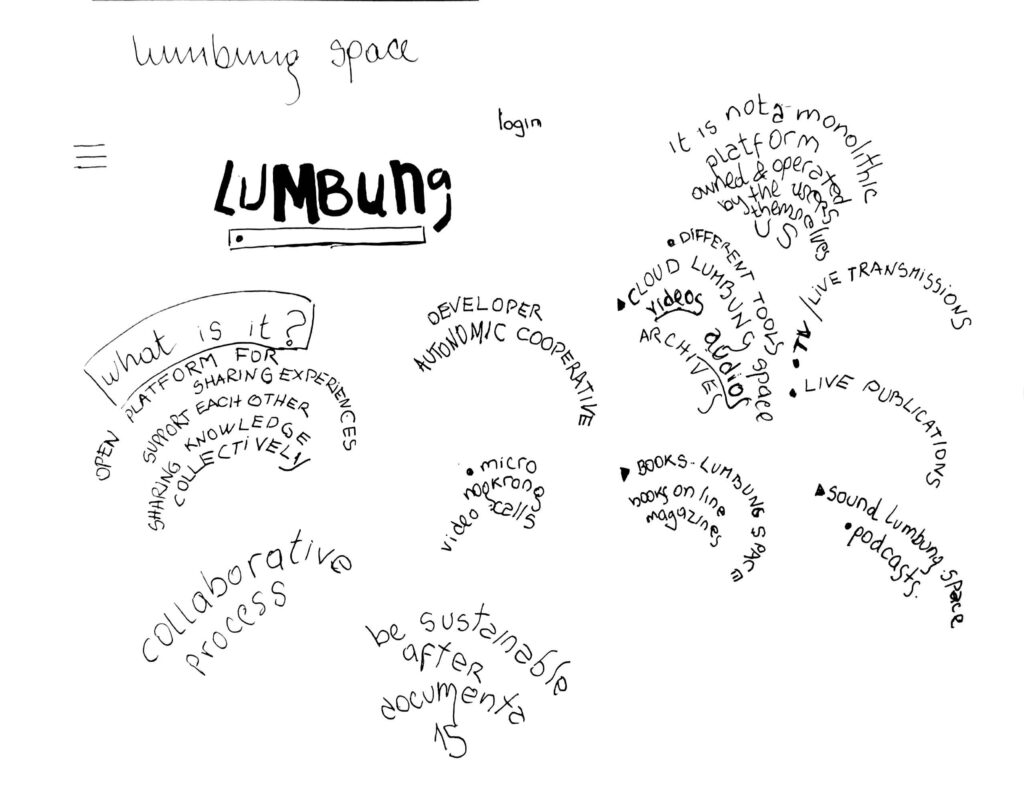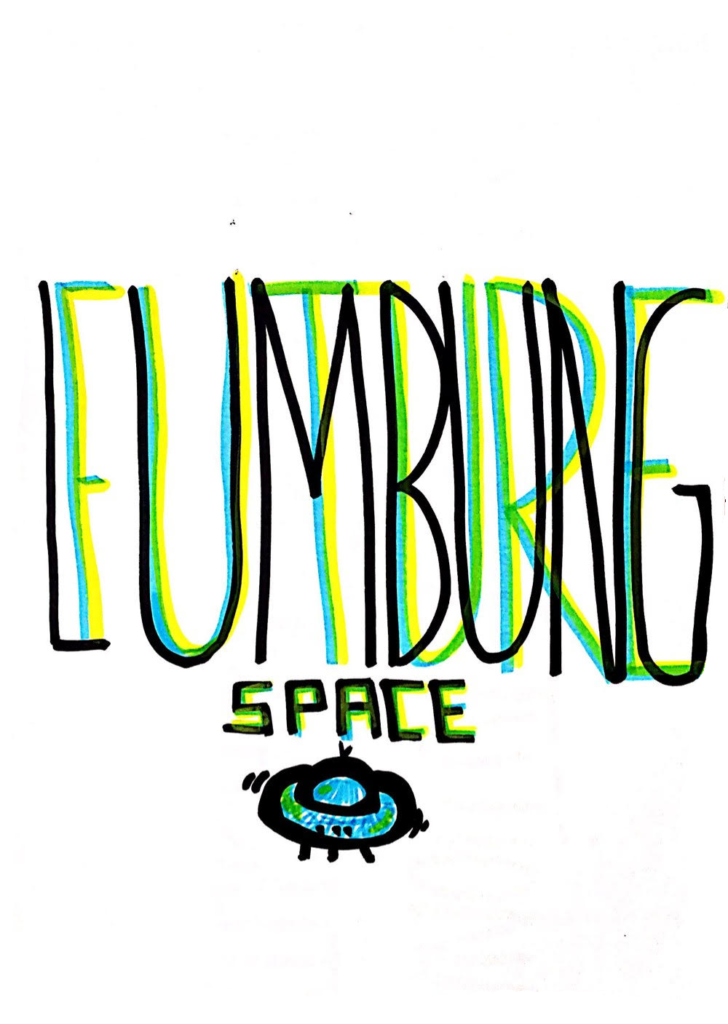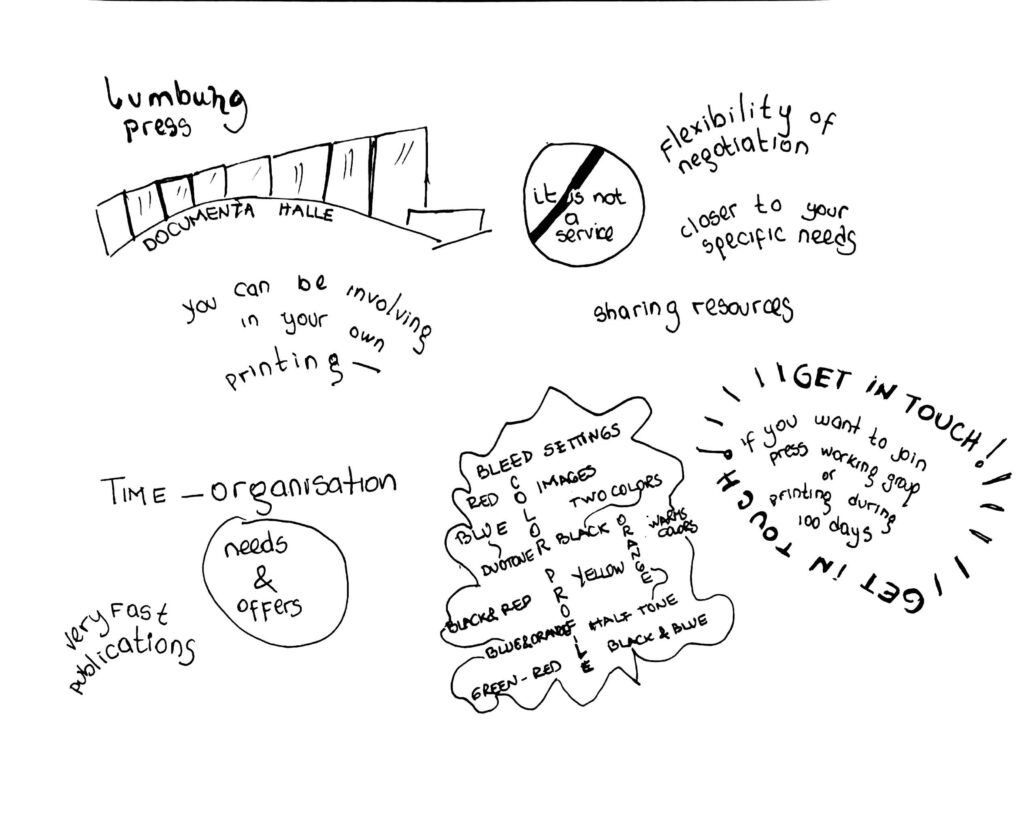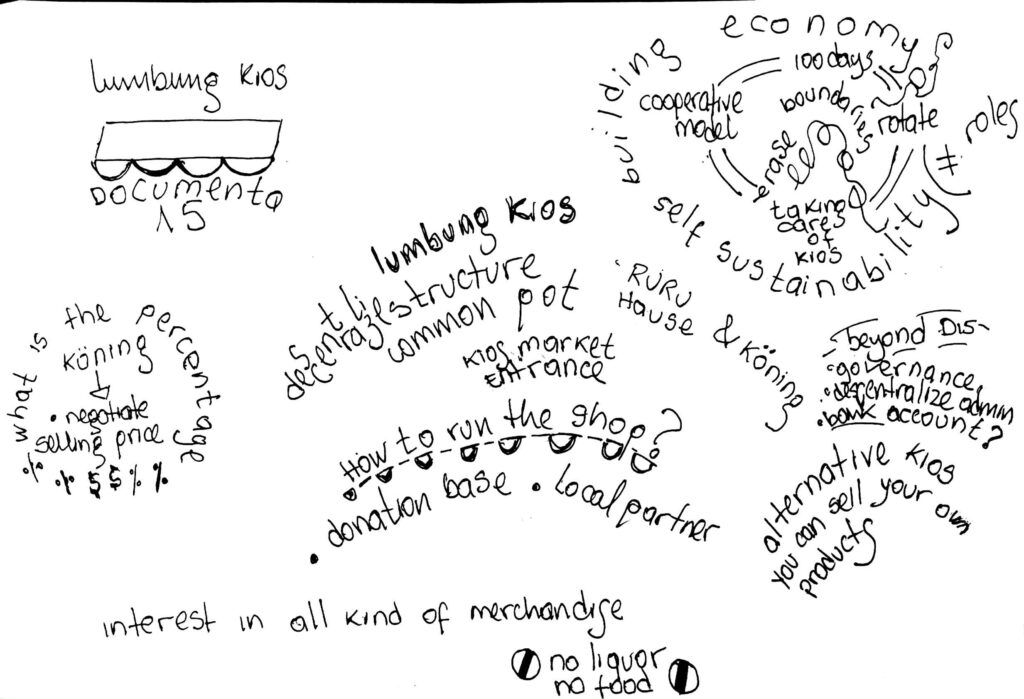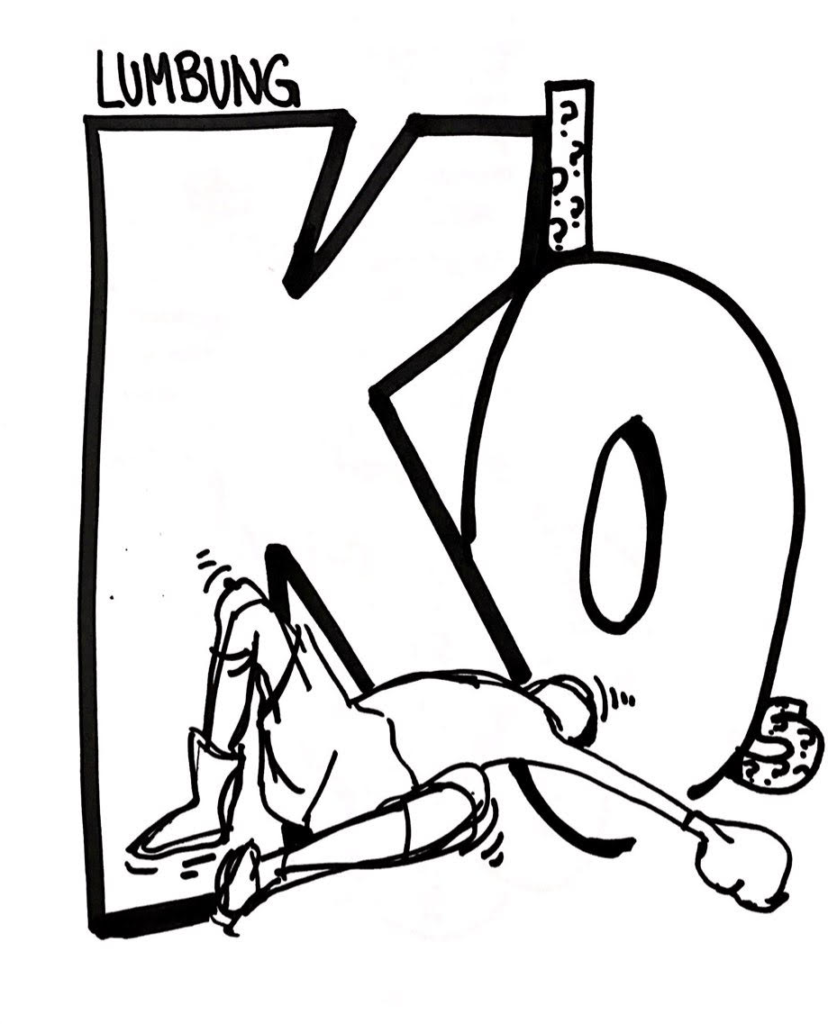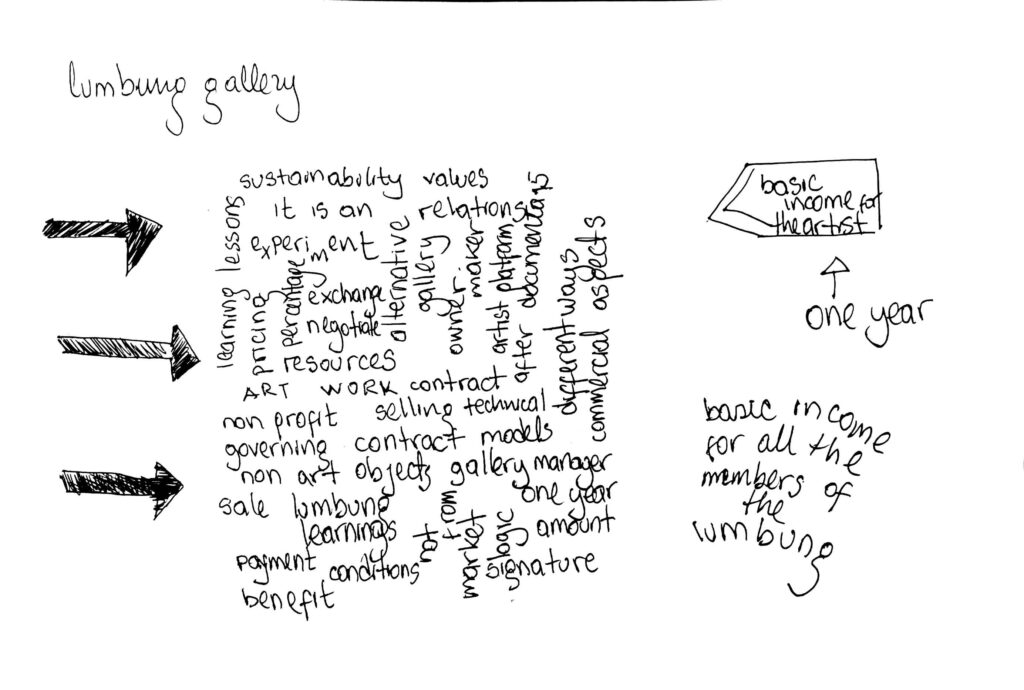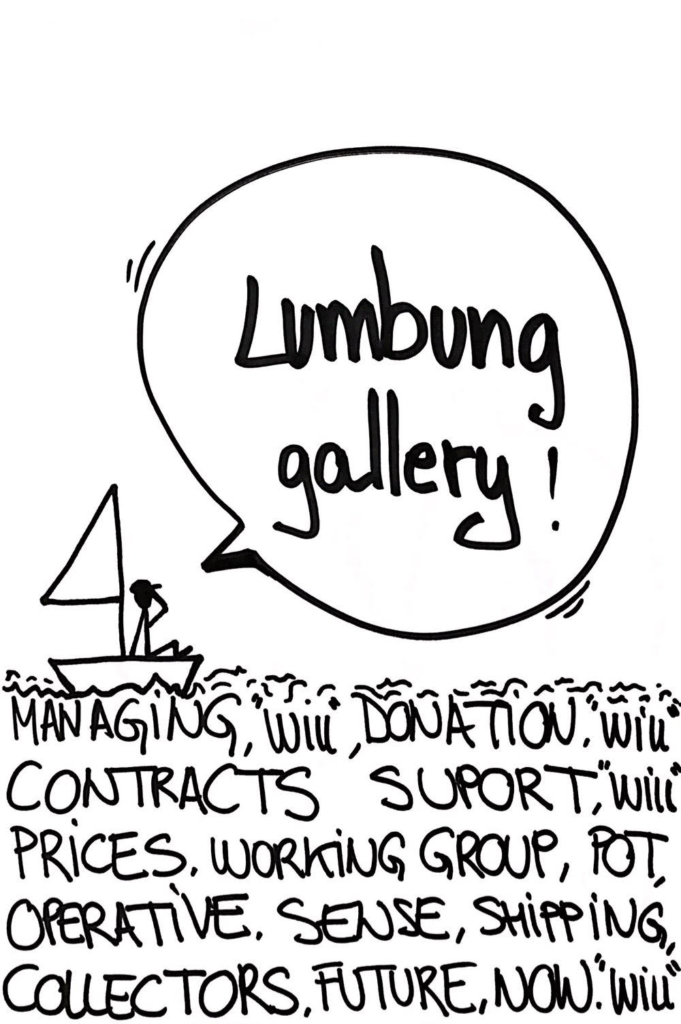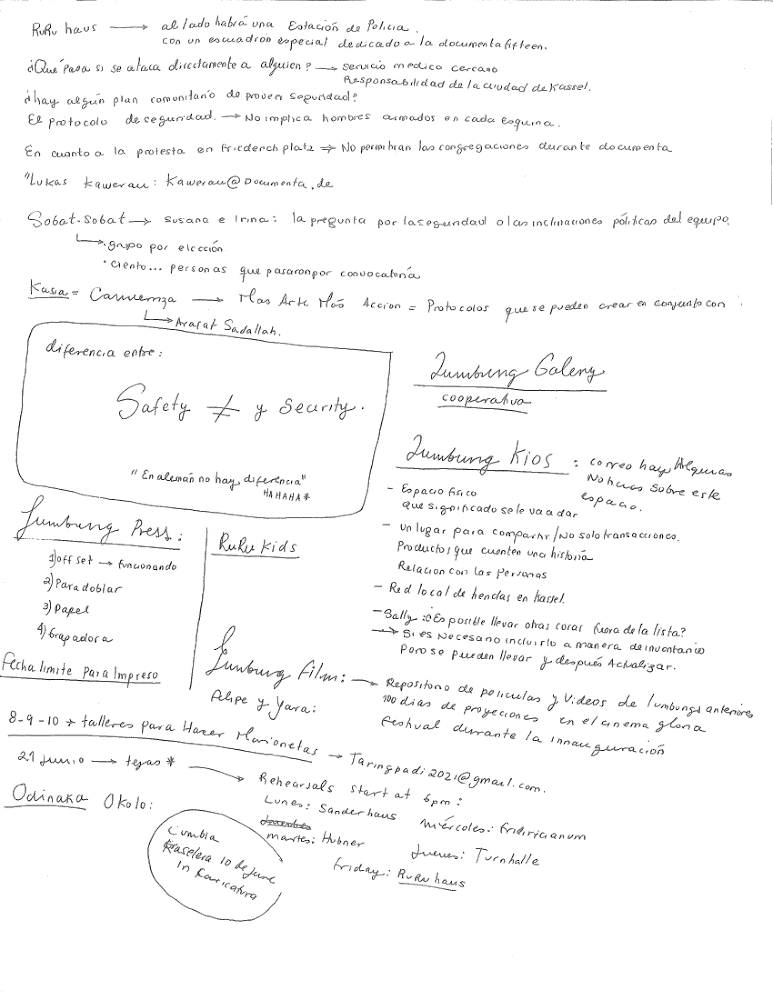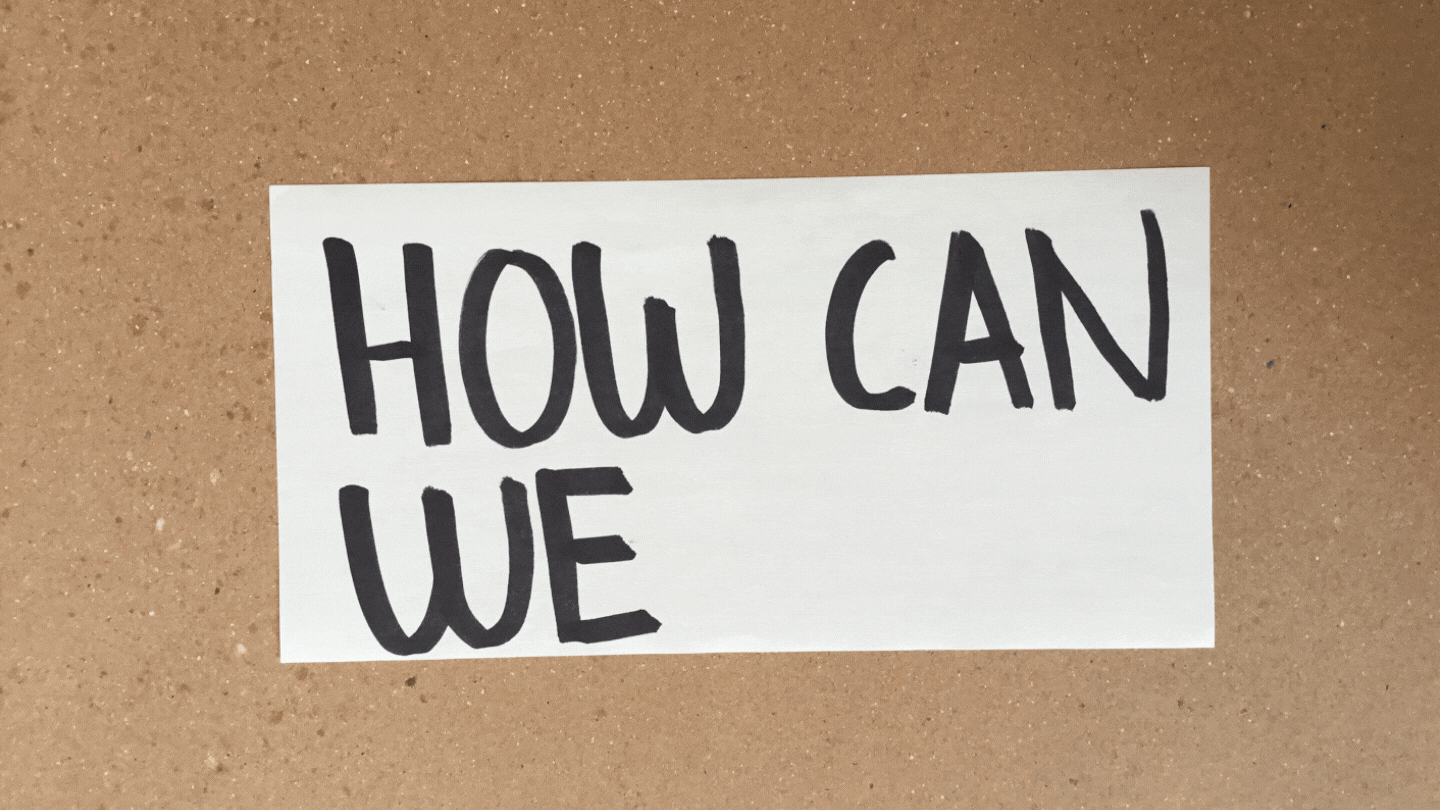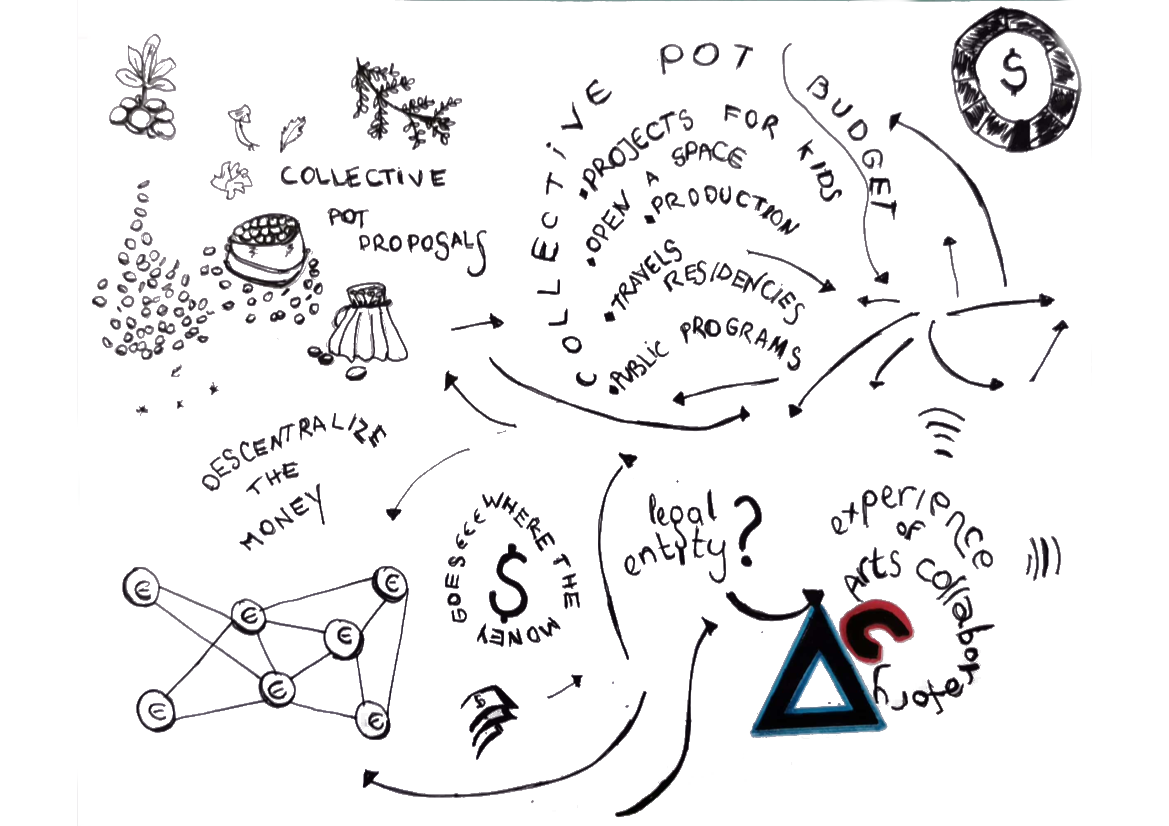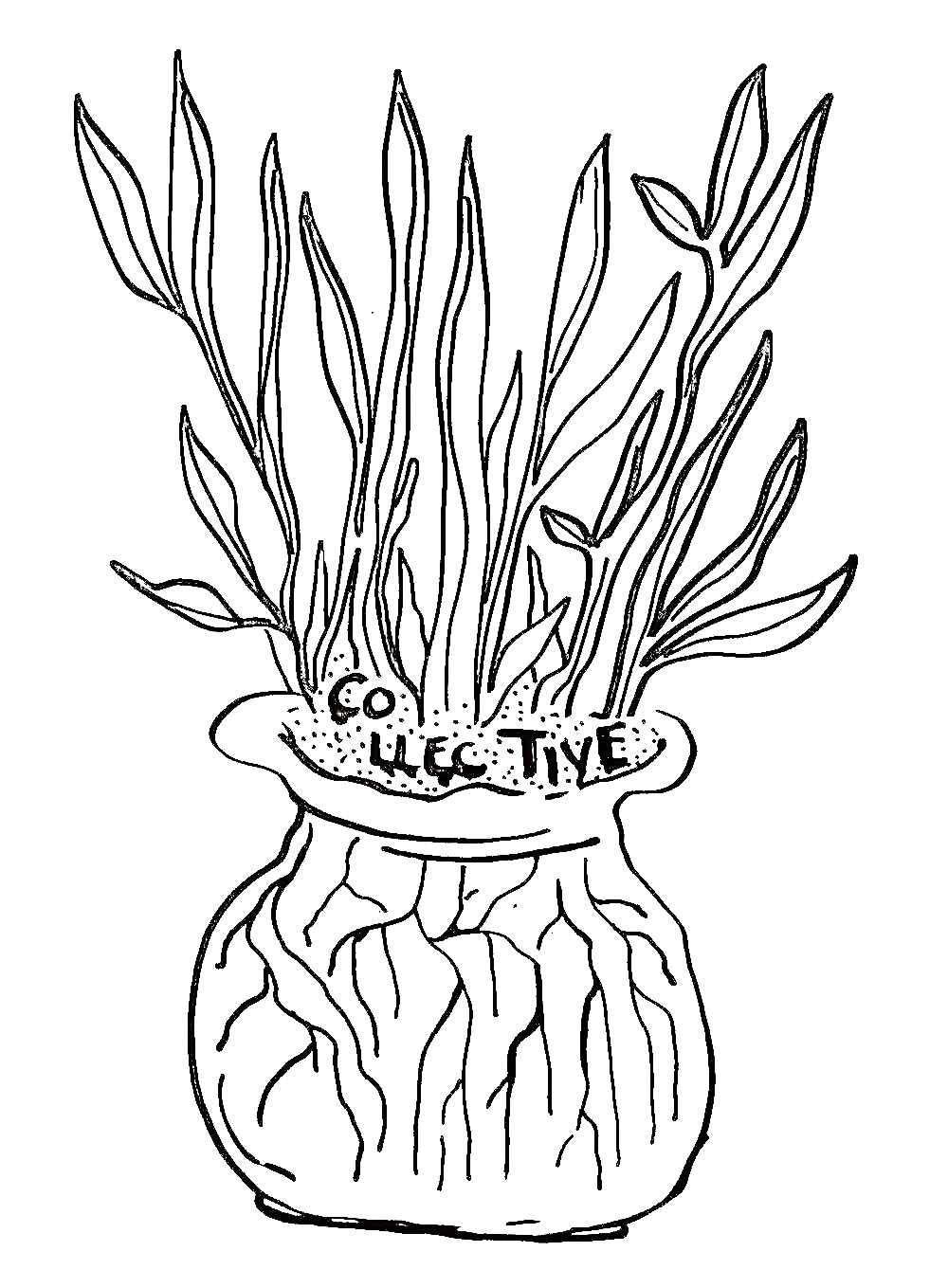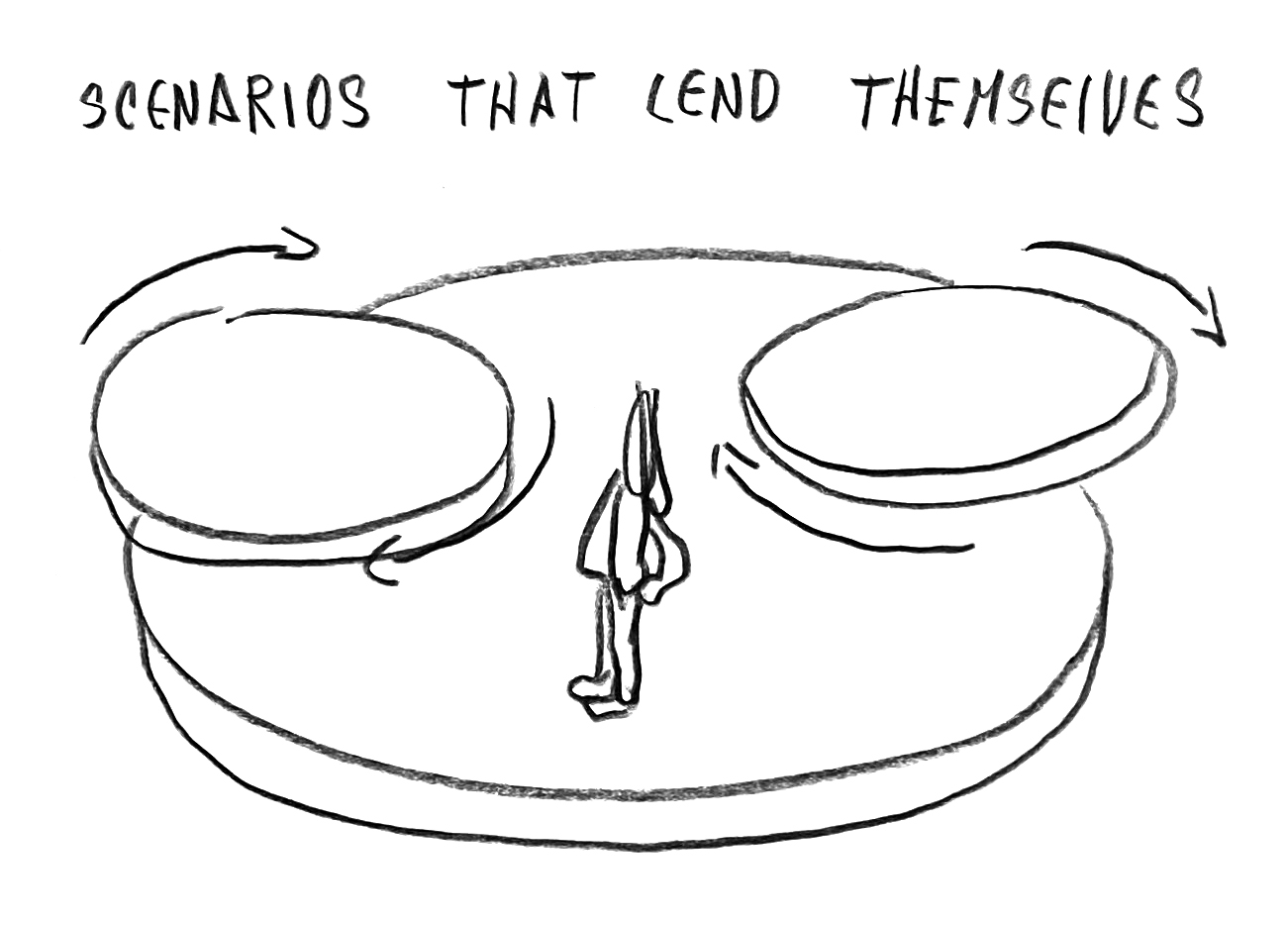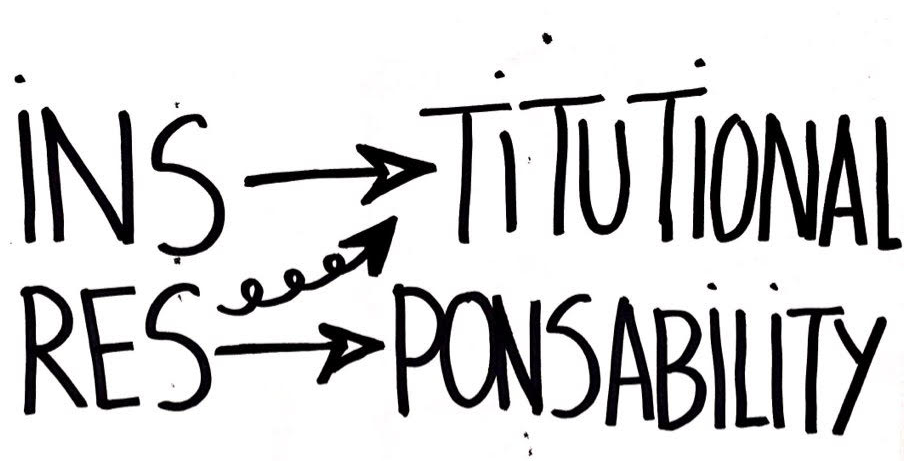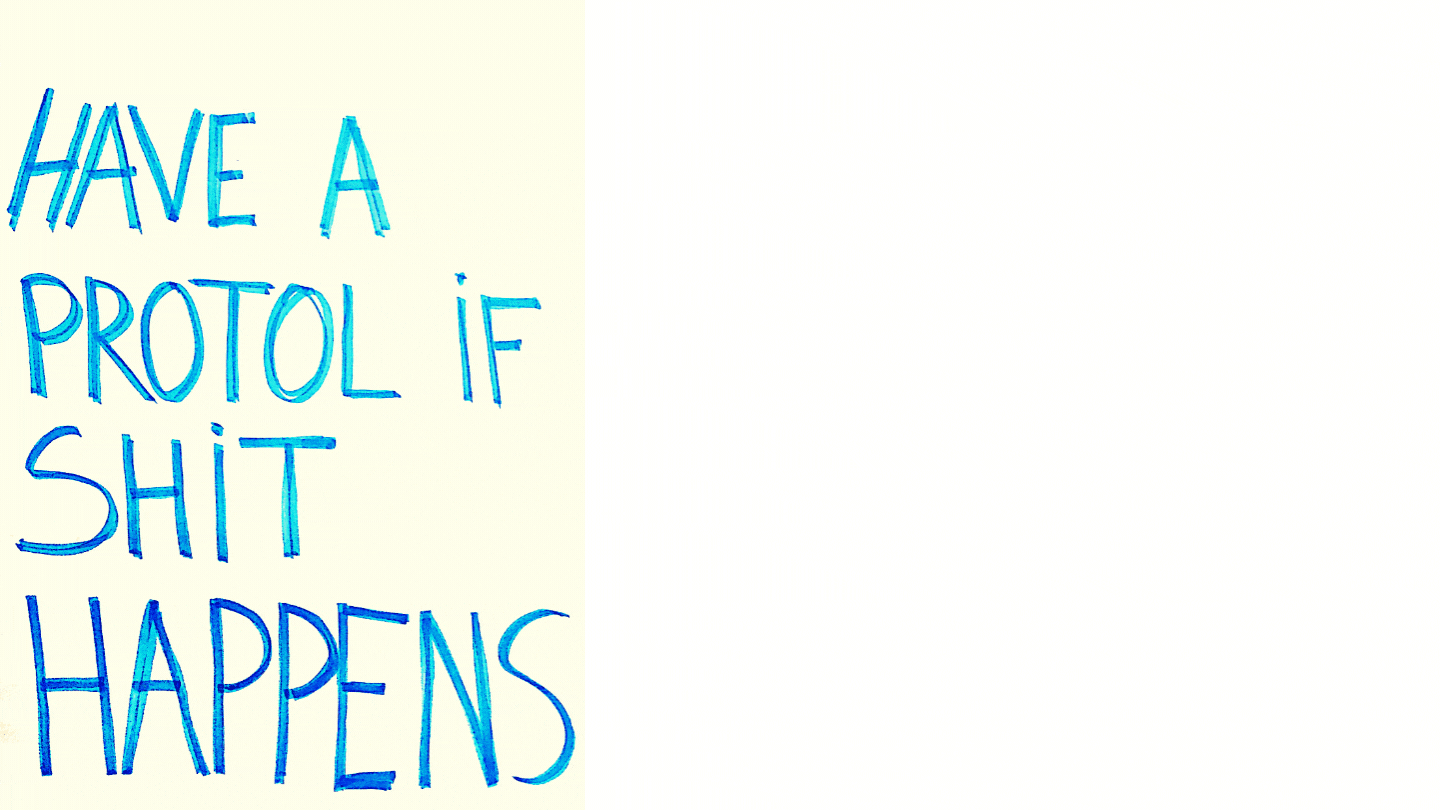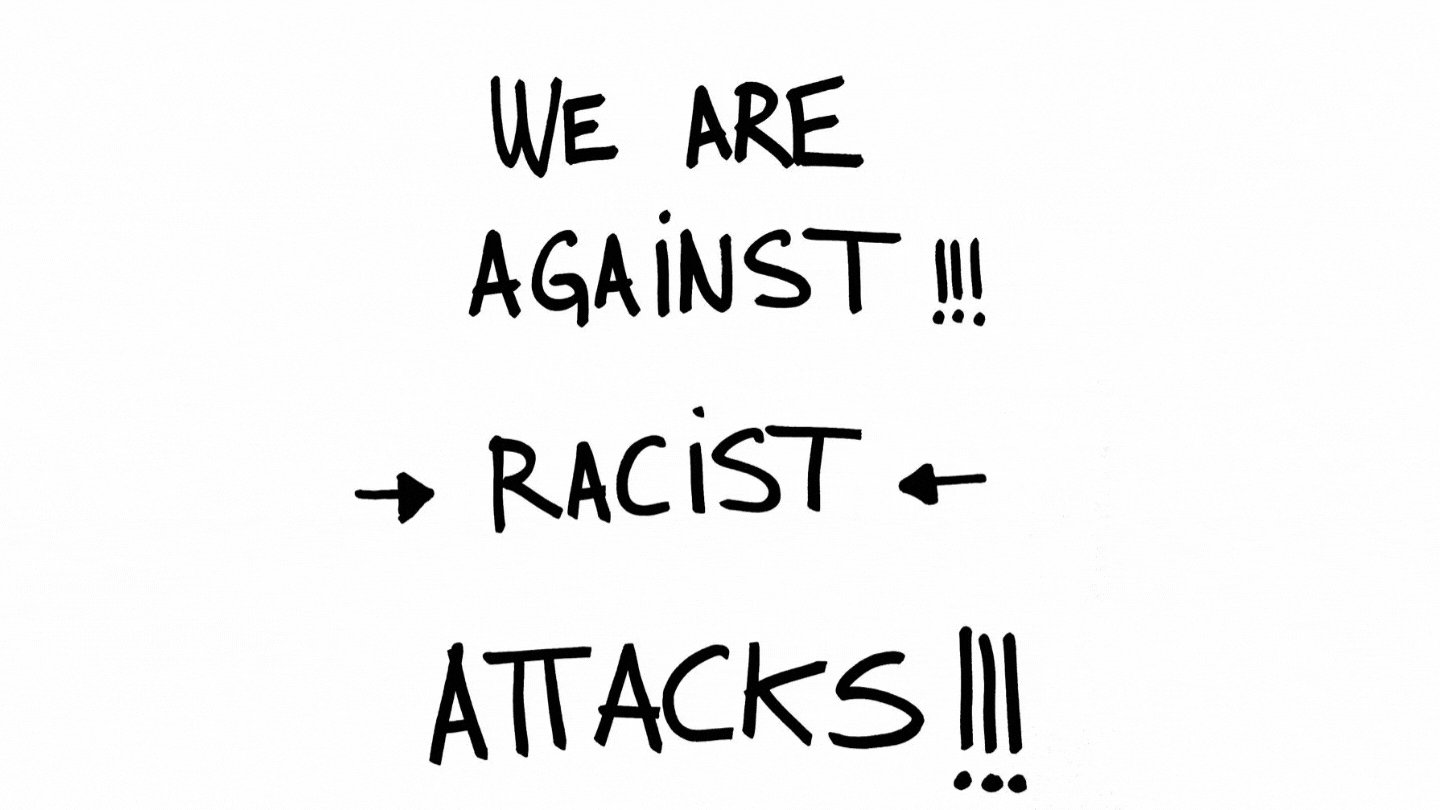Lumbungs of the worlds: an ongoing making
by Jazael Olguín Zapata _ May 2022
In this world of increasing crisis?
We are participants, and our participations have commitments and implications. We are not spectators of our own practices, rather co-creators.
Why are we committing? What are we commited to?
Is there a beyond documenta making sense of the present?
A possible path for an answer- if there is one- is that we are practicing and theorizing around the use of tools, experiences, methodologies and (infra)structures we need to establish as a common ground that informs us about how to go beyond Documenta.
The uncertainity of the future is always present. The only thing we wish is that the existing ways of being and doing could not be part of our future. Documenta will provide momentum for questioning the current ways of doing and raise some collective discussions:
-Self-governance as self-organization beyond documenta,
Dealing inside institutional contexts has limits of action, but has brought an umbrella, resources, money and labour. Still we have managed to open spaces for self organization inside the documentafifteen context.
How may we self-govern if the institutional weight is too much?
As AC we have immersed ourselves in this questions since paradigm shift started to happen. The practice of “undercommoning”, power to the commons, the institutions for the common, practice of assembly, they all bring some information about how to make space for self-governing in contexts where funding is coming from institutions that have not yet incorporated what we call paradigm shift.
In terms of a global pos-colonial context, the space insitutions give to south-south organizations, collectives and communities that are grassrooted, resonates with the idea of redistribution of wealth. It is necessary to be very careful about it, not to -in practice- sum to the NGO-anization of the south.
When we address this problem as a collectivity, we may find other questions and strategies of how this “restorative redistribution of money” will effectively impact our contexts; not be a tool to bring more inequality to our communities, but understanding what we do bring a grain of salt of change, and that patience also is a revolutionary practice.
Where is the money?
AC got money through the lottery, Is the lottery paradigm one that helps achieve it or only worsenens inequality? Who and Why are they paying for lottery? Do they know where their money is going? Is this feeling up the gaps needed to surmount an infrastructural change? Are we confusing money with abundance?
_The appealing rise of nationalism today
Nation-States appear to be a closed thing but their are not. Many of the nations-states we recognize are such are recent innuendos. Europe started to form as we know it only 150 years ago and the liberation processes of Americas, Africa and Asia are struggles that in some cases have lasted more than 100 years (like the Mexican Revolution) or that are processes that come from second half of 20th century. National identity became a source of emancipation but it has also showed its historical limits and terror. Capitalism is wicked and sophisticated. It has converted all continents into primivitive sources of accumulation of capital. Countries in poscolonial situation have struggled for national liberation instead on focusing on liberation from wage labour. National goverments have become administrators of capital in their contexts, therefore explotaitors of their own people they were suppose to liberate. What does this mean? We have seen Powers to be in Nation-States reduced religion into race and race into nation and nation into State. This reduction of religious heritage into racial heritage contributes significantly into elements that bind nationalist methodology. Racial bond gives identity to those without identity, kinship to those who had no kin, community to those who had lost their communities. Therefore, racism has become a necesary component of processes of primitive accumulation of capital. All this to say that we have to be very critical about identites, if we want to overcome – as a revolutionary goal- the roles that opress us. The rising appeal of nationalism in Europe, and everywhere, is very problematic and horrorific- in the midst of (nationalist) war- we need to see that Nation-State use people as fuel, where fatal consequence implicate genocide, mass deportations and incarcirations as well as heavy surrvailance over populations, specially disidents.
Are we going to burn in the name of those who oppress us?
Lumbungs of the world unite! (an imaginative federation of cooperatives)
How to be more generative instead of extractive?
What do we understand for poscolonial restitution and economical redistribuition for wealth?
- The Lumbungs are efforts to orient collective actions into kinds of autonomous cooperatives that weave solidarity amongst their participants. There is a word thas has a spell and is bewitched but we could do an effort to exorcise: the idea of soviets. Lumbungs as soviets sound as the possibility to have an autonomous federation of workers that self-determine their labour, activities, and self-organize for the common good. We could become a constellation of open and ongoing spaces-workshops that are federated in a trans-national entity that then assemblies to take a coordinated multiplicitiy of directions beyond productivity, progress-as-we-know-it, and extractivism. Imagination is the fuel for this post-capitalist efforts. How are we going to unravel this utopia in a world full of systemic violence and exclusions that produce borders, weapons, fixed identites, states, unitity-as-separation?
The lumbung values struggle for a world that has place for many worlds to exist (for the 99%) and if we invision a constellation of anti-capitalist ecosystems is because we want a future for all, as we feel that none is free until we are all free. In the meantime, we transition.
How do we embody cooperation in this transitioning?
To inhabit transition is a continuous effort to self-organize and here is where patience and empathic ethics are necessary, as well as organization. If we want to go beyond documenta it is because we are making sense of the present as we weave our lives togehter for a better future.
There is space for a better future for all inside the () Art Institutions?
The importance of use(less) art
-against instrumentalization of art for totalization of discourses.
A final reflection for this documenlumbungtamtam is that the importance of using art as freedom and diversity, has nothing to do with the totalitarian instrumentalization of art as a weapon for homogenization of cultural expressions. Art is responding to more than participative encounters where art has become the socialization space for a western-postsocialist democracies, that have made a war against the Public. If we determine what is art and what is not from the idea of “usefull art” we play the game of totalitarian ideology discourses. Fascism is the ideology that is afraid of difference. Capitalism makes difference profitable.
Where do we stand if we are for a multiplicity of practices that some in an imaginary territory, and some in a concrete space in the world, appeal for freedom, autonomy, self-determination and self-organization?
The party is open to everyone that resonates with this celebration.
The party is just starting. Let´s try to change the existing structures.
Coming together has never been so urgent.
Let´s join counciously!
“If I can’t dance I don’t want to be in your revolution,” as Emma Goldman says: Are we ready to go dancing together?


